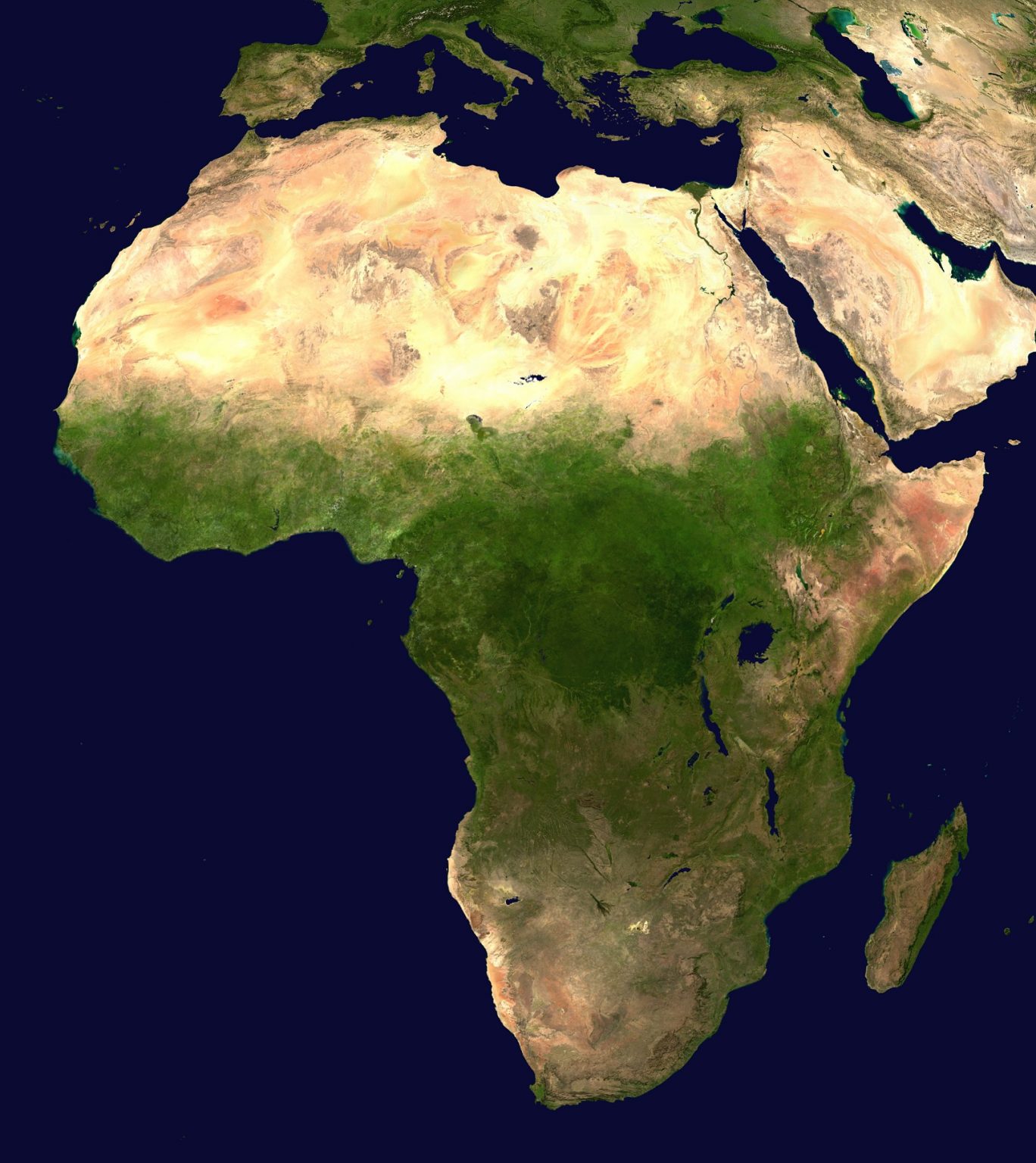An extended period of political stability and favourable demographics have attracted billions of dollars in foreign direct investment (FDI) into Africa across various sectors, including ICT.
This is according to new analysis from Frost & Sullivan entitled ‘Innovations in Emerging Economies – Africa’, which finds that Africa is a hub for innovation in the ICT, automation and electronics, healthcare, chemicals and materials, and energy and environment sectors.
Frost & Sullivan, however, believes “substantial space” still exists for faster innovations instead of long-term development projects.
“Innovations in the ICT sector in Africa have been of considerable importance in making the continent one of the most promising emerging economies across the globe,” said research analyst Debarun Guha Thakurta.
“Apart from product innovations driven by mega trends, several process innovations in the ICT domain, such as digital payments, e-health and e-commerce, have enabled the continent to progress quickly.”
Innovations within the ICT sector that improve the governance and lifestyle of Africans to spread technology awareness through enhanced connectivity have been opening up economic opportunities, the report said. This includes ICT-enabled financial services that widen the reach of banks, which have led to the development of new business models that leverage the flexibility of e-finance.
Frost & Sullivan said the lack of access to funding has, however, been an obstacle to technological innovation in Africa, with most countries devoting most of their available funding to tackling poverty and providing basic resources to the population.
This means there is limited financial support for technological activities, which, along with high levels of corruption, has prevented the continent from reaching its true innovation potential.
“Nevertheless, as low-cost, sustainable innovation gathers pace in Africa, companies across sectors could replicate these best practices in other emerging markets, where there is huge potential for companies to expand,” said Guha Thakurta.
“They can also employ reverse innovation, wherein innovations are tested and developed in Africa before being launched in the highly competitive developed markets.”



3 Comments
Would you mind posting a link to the report? I’m having trouble finding it online.
I also could not find the report. But I found other interesting information. More and more foreign investors seek to invest in Africa. New segments of African economy which attract foreign capital are constantly emerging. It therefore follows from expert evaluations that investment in property development industry in Africa is expected to increase.
For instance, the International Investment Fund Hermes-Sojitz launched its investment and development program in West African Union in 2014 (the Fund’s portfolio of investment in development projects in Africa by 2017 amounts to $2 billion). The company focuses on investing in property development projects which are unprecedented in the region: construction of a 65-storey skyscraper and a shopping mall with an area of over 100,000 sq.m. each.
Oleg Yantovsky, the head of the Russian branch of Hermes-Sojitz and a member of Hermes-Sojitz’s Board of Directors, comments on the reorientation in investment flows in Africa: “The interest of international retailers in the African market is understood. Due to the rapid saturation of the Western European markets, retailers and investors have to find other consumer markets which would be less mature, but fast growing. Pull factors for Africa are evident: first of all, it has low barriers for entering the market. The economic growth rates of African countries are above the world’s average, and due to the advancing market liquidity, long-term investment projects may eventually prove short-term. For instance, in these troubled times for the global economy, the African market becomes more stable and, consequently, more attractive for investors.” (http://www.hermes-sojitz.com/reorientation-of-international-investment-in-times-of-crisis-going-towards-africa/) So sectors for investment in Africa is greatly enhanced.
I have reached out to Frost & Sullivan as to how you get hold of a copy, there seems to be no link on their site. Will revert back